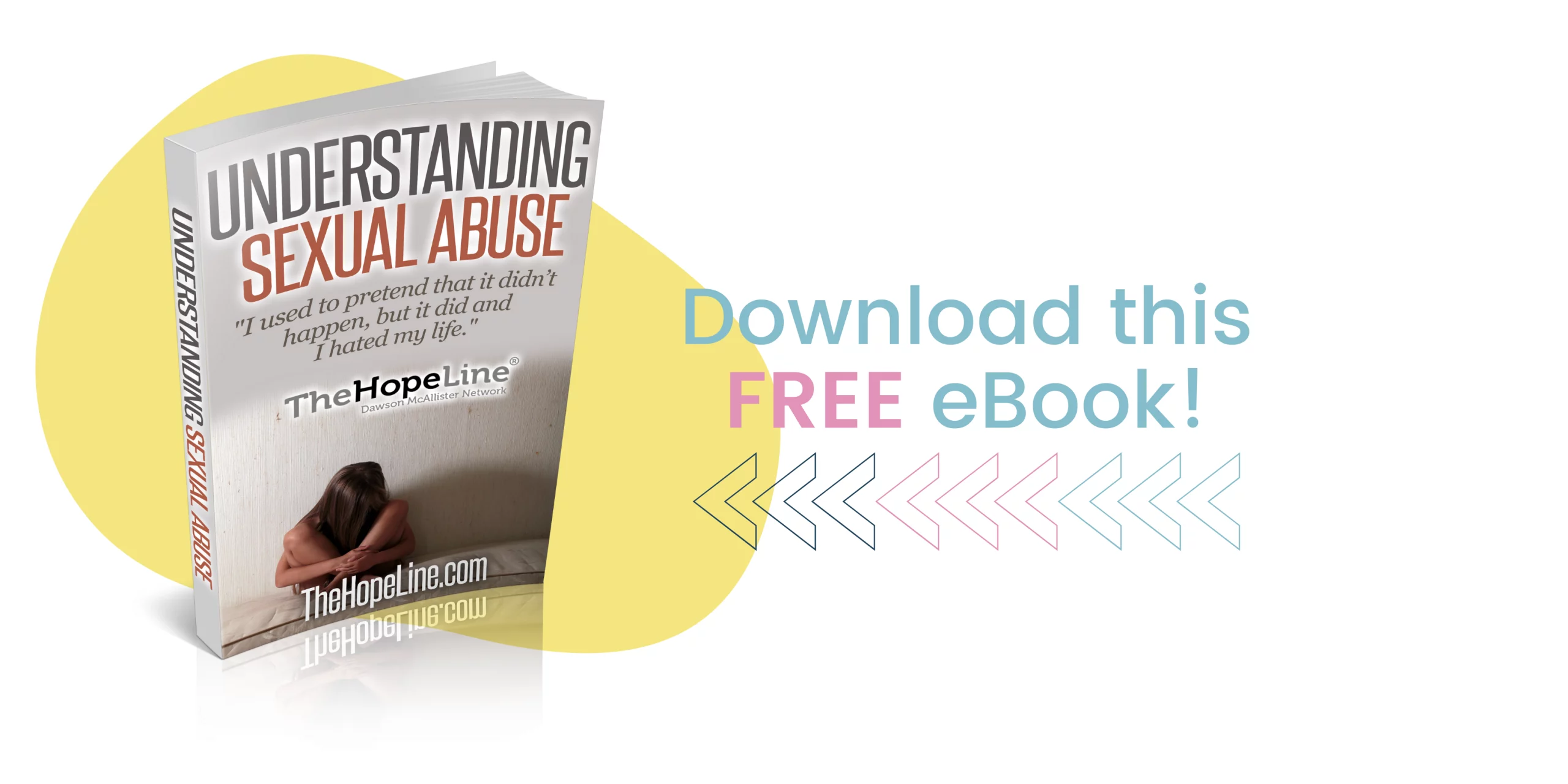Dating and marriage relationships can be challenging especially when you or your partner have had a difficult past that includes abuse.
I understand how you feel. I care about people I love, and I don’t want them to hurt. But I also have to acknowledge that there are some things beyond my control.
If you have an abused partner, you want to be there to love and support them as they heal, but there are some important things to remember along the way.
You Can’t Solve the Problems of Abuse
Helping your boyfriend (or supporting your girlfriend) who has been abused can be physically exhausting and emotionally draining. To guard your mental health, it is important to have a clear understanding of what you can do to help and where someone else’s help would be more appropriate.
For example:
You can’t solve all the problems of abuse.
- You can listen to them and do things to show you love and care.
You can’t diagnose your partner or tell them what to do.
- You can recommend that they see a therapist, a doctor, a psychologist, a psychiatrist, or a pastor for expert emotional, spiritual, and mental health support.
You can’t listen non-stop to traumatic stories about your partner’s abuse.
- You can ask them to talk about it at a later time, or to talk about it with their mentor or therapist.
Setting healthy boundaries for yourself is one of the surest ways to truly help your girlfriend, boyfriend, or spouse who has been victimized by abuse.
This may mean saying things like “I love you and want you to get help. But I don’t think I’m the best person to help you solve this problem. Can I share some ideas or resources that may help?”
Communicate as Often and Clearly as Possible
It is not always easy for a person who has been abused to talk about their feelings, to know how they feel, or to express their feelings clearly, especially if emotional abuse was integral to their previous relationship or their family dynamic.
Regular, clear communication is so important to healing together. Asking if they want to talk, what you can do to help, or how their recovery is going can help them open up. However, if it’s clear they’re having trouble processing things, don’t bombard them with questions. Let the one you love to talk about their experience when and where they feel most comfortable.
Don’t forget: if you are physically involved with your partner, they may have significant issues with intimacy as a result of their experiences of physical abuse, assault, or sexual abuse. Their consent is critical for physical intimacy or affection that builds trust.
Your partner may need lots of time and space to feel comfortable, even with hugging, handholding, or kissing. Do your best to respect their wishes and work together to find ways you are both comfortable giving and receiving love.
Be Faithful (and Joyful) Together
Because abuse is so painful, it is important to work together with your boyfriend, girlfriend, or spouse to maintain faith that things will keep getting better, and joy over the good things in both your lives.
- Encourage: Once a day, encourage one another. Take turns showing love and appreciate them through kind and affirming words.
- Pray: You can pray for your abused partner, or request prayer for them at any time. If you have a common faith, share a prayer time together, or pray for one another throughout the week.
- Focus on your faith: It always helps me to remember that God is a God of hope and mercy. Whatever I’ve been through in life, He has gotten me to the other side and helped me heal. He has given me fresh starts and new beginnings all over the place! Think of ways to show God’s love to your partner as they rebuild trust and heal from abuse.
- Celebrate: Find ways to celebrate the good things and the recovery milestones in your relationship. Cooking a meal together, going to a concert, or visiting a new place are fun ways to create memories together that provide positive feelings about dating, marriage, and relationships.
No matter how you decide to help someone you love after they’ve been abused, I don’t want you to do it alone. TheHopeLine is here for you. We offer expert resources and confidential support for abuse recovery. You and your loved one can browse our library of blogs, podcasts, and ebooks, or get help from a mentor today.
For more information on abuse read my blog, What Is Physical Abuse?



